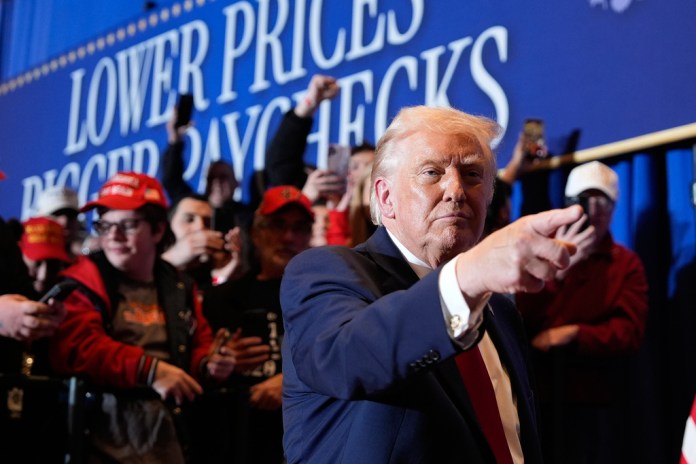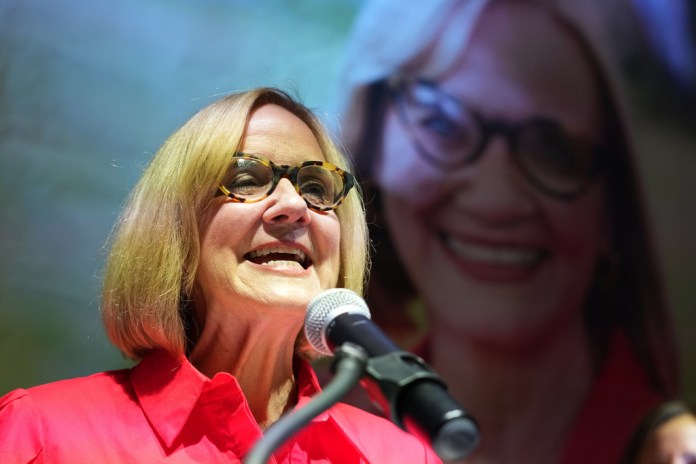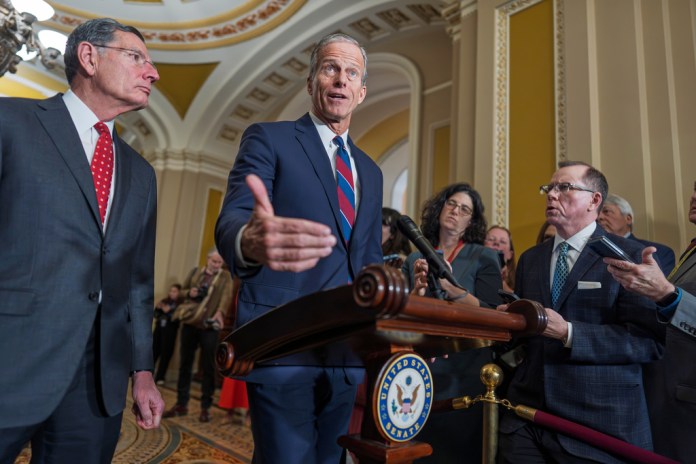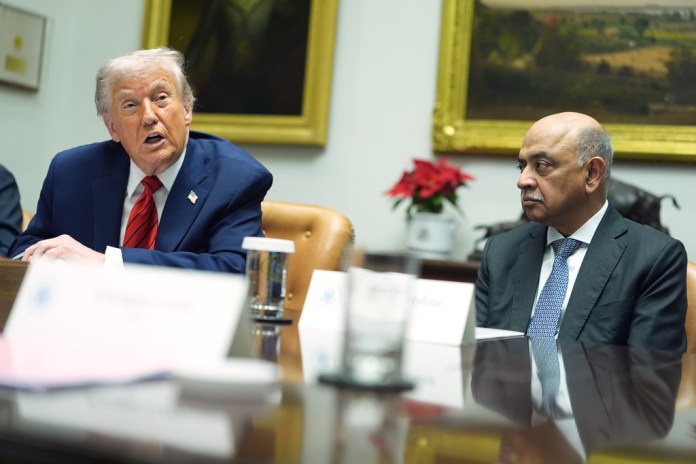White House and GOP leaders agree on debt ceiling deal.
White House and House Republicans Reach Agreement in Principle on Debt Ceiling
“We still have a lot of work to do. But I believe this is an agreement in principle that’s worthy of American people,”
– House Speaker Kevin McCarthy
After two weeks of negotiations, the White House and House Republicans have reached an agreement in principle on the terms for raising the $31.4 trillion borrowing ceiling to avoid a historic default on U.S. government debt. The final text of the bill will be ready on Sunday, and voting will take place next Wednesday.
What’s in the Agreement?
The debt ceiling deal.”>agreement includes historic reductions in spending, consequential reforms that will lift people out of poverty into the workforce, and reining in government overreach. There are no new taxes or government programs. The deal also raises the nation’s debt limit for two years, places spending caps over that time, and increases work requirements for food aid.
President Joe Biden said the agreement is “good news” as the deal “reduces spending while protecting programs for working people and growing the economy for everyone.”
Why Did Negotiations Take So Long?
Since the U.S. government crossed the $31.4 trillion debt limit approved by Congress in January, the White House has insisted that the president would not tolerate any negotiations threatening a default. During briefings, Press Secretary Karine Jean-Pierre repeatedly told reporters that it is imperative to raise the debt ceiling without any preconditions, “as they have done in Democratic and Republican administrations.”
House Speaker Kevin McCarthy (R-Calif.) accused Biden of being “afraid” to negotiate. But the administration charged that the Republicans had held the country hostage over the debt limit.
How Did Biden and McCarthy Manage Talks?
Following an hour-long meeting on May 16, President Biden and McCarthy agreed to daily and direct deliberations. Then, as the president traveled to Japan for the G7 summit, the two sides picked representatives to negotiate the debt ceiling.
This led to plenty of optimism that a deal was approaching as McCarthy congratulated the president because he “changed the scope” of discussions, signaling “a better process.”
Biden cut his overseas trip to meet with McCarthy. The two held a “productive” discussion when he returned to Washington. Biden acknowledged that the federal government needs to cut spending but he also noted that lawmakers need to address tax loopholes and ensure the wealthy are paying their fair share.
What’s Next?
Biden urged the House and Senate “to pass the agreement right away.” The agreement represents a compromise, which means not everyone gets what they want. But as Biden said in a statement, “That’s the responsibility of governing.”
Some conservative and progressive lawmakers have expressed concerns about the negotiations, which might make the bill hard to advance through Congress. But for now, the agreement in principle is a step in the right direction to avoid a historic default on U.S. government debt.
" Conservative News Daily does not always share or support the views and opinions expressed here; they are just those of the writer."




